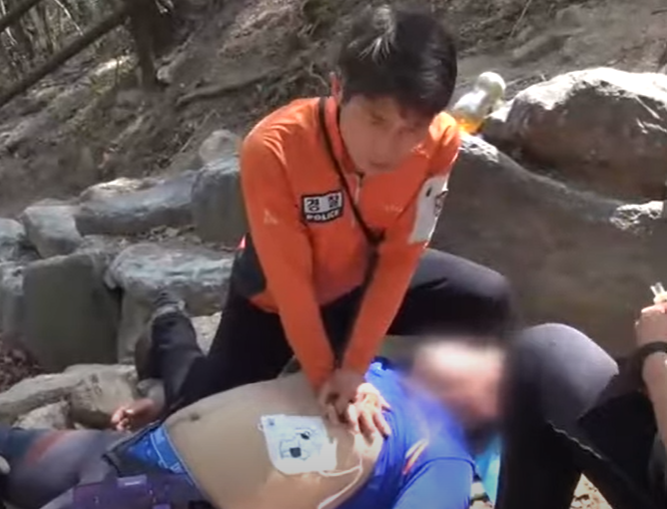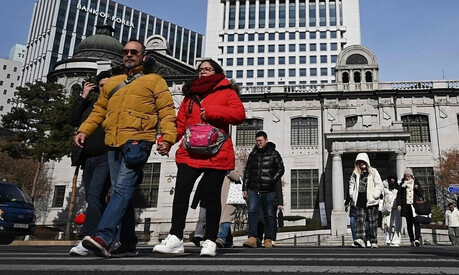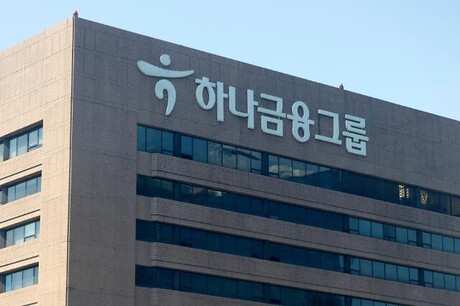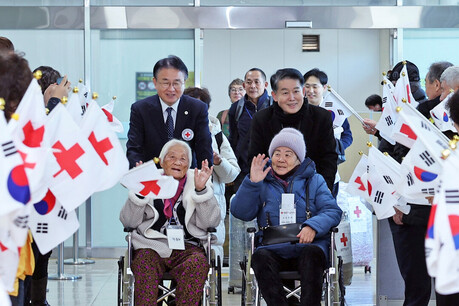
As the weather warms and the hiking season commences in earnest, a worrying trend of sudden cardiac arrests among hikers is emerging, necessitating increased caution among outdoor enthusiasts. Recent incidents underscore the critical need for preparedness and awareness of potential health risks associated with mountain climbing.
On March 13th, at approximately 1:35 PM, a male in his sixties collapsed while hiking on a mountain in Mundeok-myeon, Gurye-gun, South Jeolla Province. Mr. A was discovered in a state of cardiac arrest and, despite being rushed to a hospital, tragically passed away. Similarly, on March 17th, a male hiker in his sixties, identified as Mr. B, collapsed while ascending Hallasan Mountain in Jeju Island. He was transported to a hospital in cardiac arrest but ultimately succumbed to his condition. According to the Jeju Fire Safety Headquarters, a report was received around 8:12 AM that day from Mr. B's companions stating he had collapsed on the Seongpanak trail. Upon arrival, officials from the Hallasan National Park Management Office performed cardiopulmonary resuscitation (CPR) on Mr. B, who was in cardiac arrest. Fire authorities used a monorail to transport him around 9:26 AM before transferring him to a hospital in Jeju City via ambulance. Unfortunately, Mr. B passed away while receiving treatment. It was reported that adverse weather conditions prevented the deployment of a medical helicopter.
Adding to these alarming incidents, on March 21st, a hiker identified as Mr. C suffered a sudden cardiac arrest while climbing Guksabong Peak on Jawol Island in Ongjin-gun, Incheon. The Incheon Fire Headquarters reported that they received a call around 12:08 PM on March 20th from another hiker who discovered Mr. C collapsed on the mountainside. Responding paramedics confirmed that Mr. C was in cardiac arrest, administered emergency treatment, and airlifted him to a hospital via fire helicopter. An official from the Incheon Fire Headquarters stated, "We identified the symptoms of cardiac arrest and transported the patient to the hospital. We are currently investigating the precise circumstances of the incident."
Statistics from the National Fire Agency reveal that in the past year alone, 119 rescue teams across the country were dispatched for a total of 10,134 mountain rescue incidents. These incidents are most frequent during the spring months of April and the autumn months of September and October. The primary causes of these accidents include slips and falls (2,724 cases, 26.9%), getting lost (2,378 cases, 23.5%), and exhaustion or dehydration (552 cases, 5.2%). While the majority of mountain accidents involve injuries, being stranded, or negligence, there has been a noticeable increase in incidents of sudden cardiac arrest during hiking.
In the event of a cardiac arrest, promptly contacting 119 and following the CPR instructions provided by the emergency dispatch can significantly increase the chances of survival. Brain damage can begin within 4 to 6 minutes of cardiac arrest, and the risk of death escalates after 10 minutes, making it crucial to act within this "golden time." Downloading the National Fire Agency's disaster safety information portal app, "Safety Stepping Stone," or learning CPR through organizations such as the Korean Association of Cardiopulmonary Resuscitation or the Korean Red Cross can prove invaluable. Warning signs of an impending cardiac arrest may include chest pain, dizziness, cold sweats, shortness of breath, and slurred speech.
Dr. Park Eok-seung, an emergency medicine specialist at Seoul Bumin Hospital, explained, "Strenuous exercise that causes breathlessness increases heart rate, respiration, and blood pressure to supply ATP. Individuals with pre-existing conditions such as hypertension or diabetes are at a higher risk of experiencing cardiac arrest." ATP (Adenosine Triphosphate) is an organic compound that provides energy for various life activities in living cells, including muscle contraction and nerve impulse transmission. According to Dr. Park, weather conditions can also affect individuals with hypertension. When hiking in low temperatures, the heart requires time to adjust, emphasizing the importance of thorough warm-up exercises. It is also essential to carry light outerwear to prepare for significant temperature fluctuations. Diabetic patients with poorly controlled blood sugar should carry sugary snacks or drinks. Furthermore, hikers should choose trails that match their physical condition and fitness level. Hiking alone should be avoided, and it is advisable to start early and descend before sunset.
Rescue efforts can be significantly hampered by the mountainous terrain when a hiker collapses. Dr. Park noted, "The presence of high trees, rocks, and other structures that can cause serious injury makes rescue operations challenging." Due to the geographical characteristics of mountain accidents, swift dispatch and transport of emergency patients can be difficult, highlighting the vital role of fire helicopters. Currently, 32 fire helicopters nationwide are on standby for emergency deployments. In the event of an accident during hiking, individuals should identify the national grid reference and mountain location signs along the trail, as well as any familiar landmarks, and immediately report their location to 119.
To mitigate the risk of sudden cardiac arrest during hiking, experts recommend several precautions:
Consult a Physician: Individuals with pre-existing heart conditions, high blood pressure, diabetes, or other relevant health issues should consult their doctor before embarking on strenuous hikes. They can provide personalized advice and assess the individual's fitness level for different types of trails.
Proper Warm-up and Cool-down: Engaging in adequate warm-up exercises before starting the hike and cool-down stretches afterward can help the cardiovascular system adjust to the physical demands of mountain climbing. This gradual adaptation can reduce the strain on the heart.
Appropriate Pace and Breaks: Hikers should maintain a pace that allows them to breathe comfortably and avoid overexertion. Taking regular breaks to rest and hydrate is crucial, especially on longer or more challenging trails.
Hydration and Nutrition: Dehydration can put extra stress on the heart. Hikers should carry an adequate supply of water and drink regularly throughout their hike. Consuming energy-rich snacks can help maintain blood sugar levels and prevent fatigue.
Layered Clothing: Dressing in layers allows hikers to adjust to changing weather conditions and prevent both overheating and hypothermia, both of which can strain the cardiovascular system.
Awareness of Warning Signs: Hikers should be aware of the potential warning signs of cardiac distress, such as chest pain, shortness of breath, dizziness, and unusual fatigue. If any of these symptoms occur, they should stop hiking immediately and seek help.
Hiking with a Companion: Hiking with a partner is always recommended. In case of an emergency, a companion can provide immediate assistance and call for help.
Familiarity with the Trail: Choosing trails that match one's fitness level and being aware of the trail conditions and potential hazards can help prevent accidents and reduce the risk of medical emergencies.
Emergency Preparedness: Carrying a fully charged mobile phone, a basic first-aid kit, and knowing how to use it can be life-saving in emergency situations. Familiarizing oneself with the location of emergency call boxes or mountain rescue markers along the trail is also advisable.
Learning CPR: Acquiring CPR skills can empower individuals to provide critical assistance to someone experiencing cardiac arrest until professional help arrives.
The increasing incidence of sudden cardiac arrests during hiking serves as a stark reminder of the potential risks associated with this popular outdoor activity. By taking necessary precautions, being aware of their physical limitations, and being prepared for emergencies, hikers can significantly reduce their risk and enjoy the mountains safely. The collaborative efforts of emergency services, national park authorities, and individual hikers are crucial in ensuring a safe and enjoyable hiking season for everyone.
[Copyright (c) Global Economic Times. All Rights Reserved.]





























